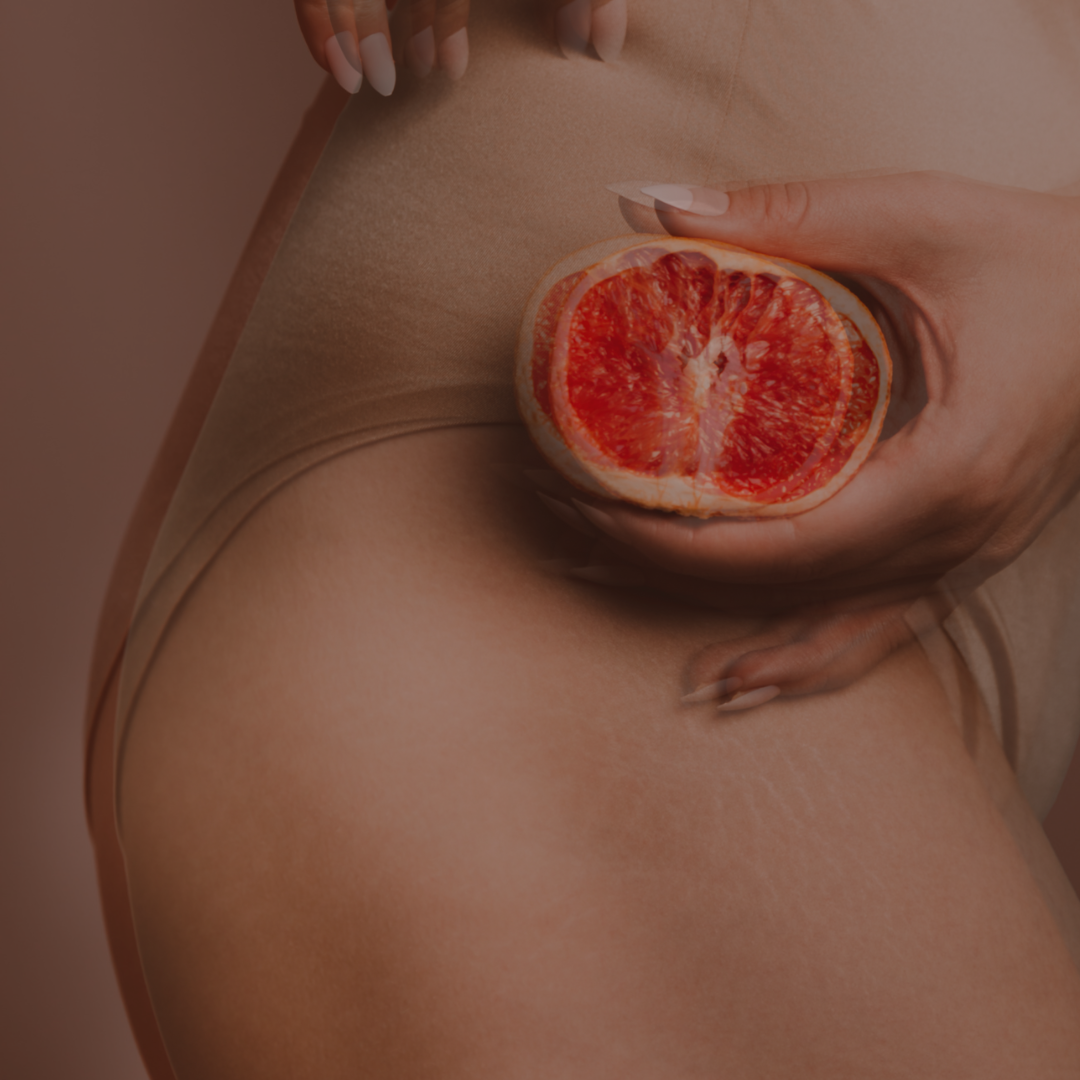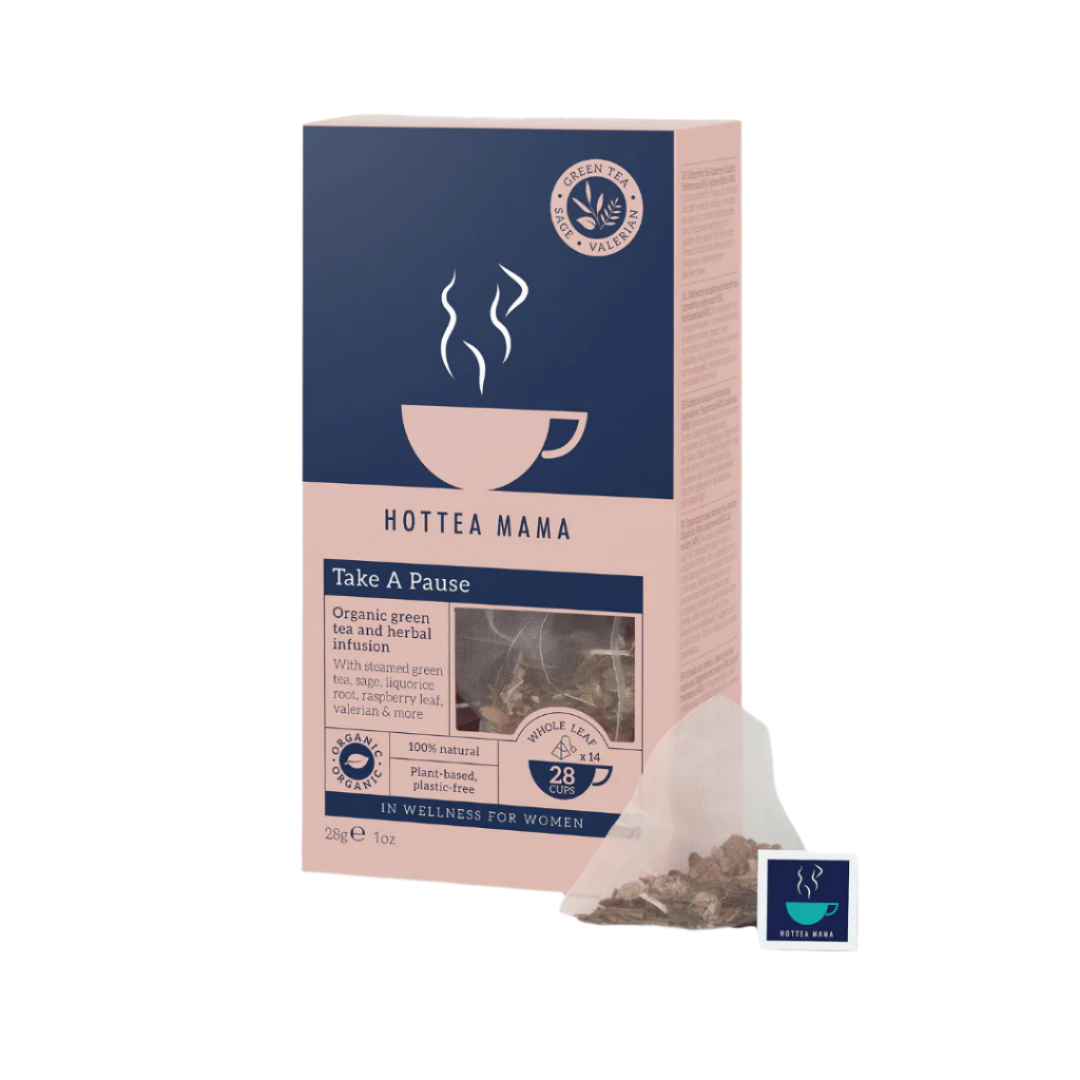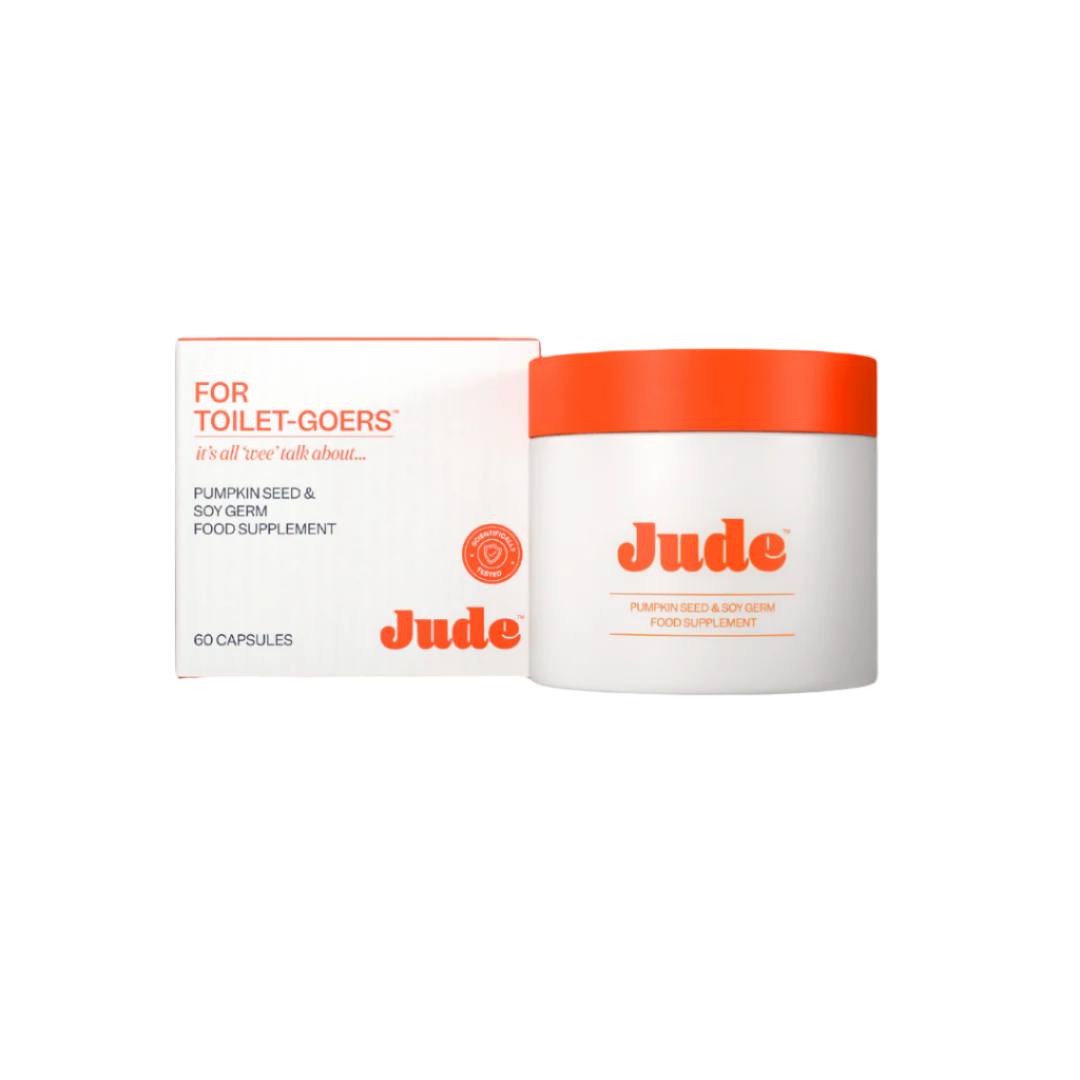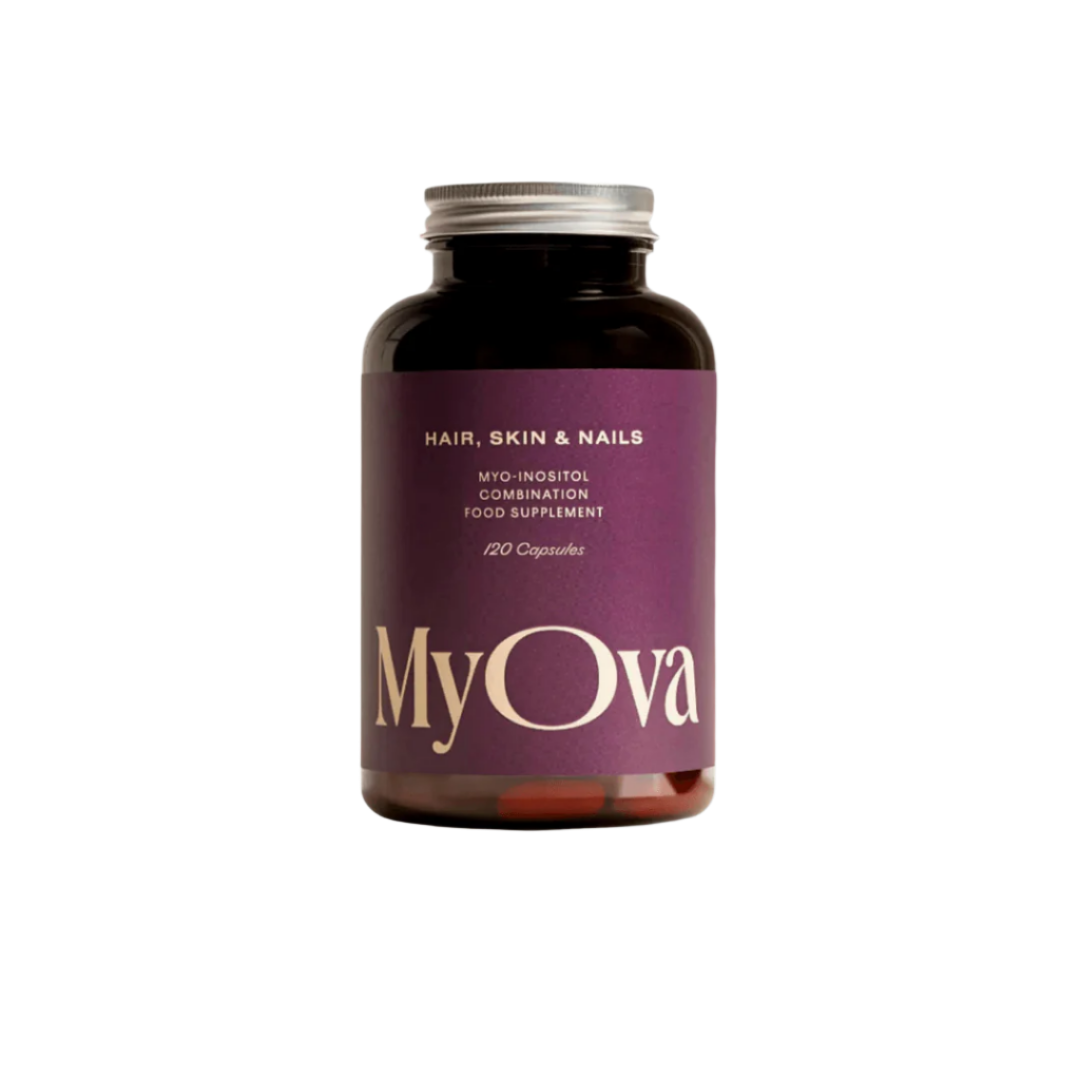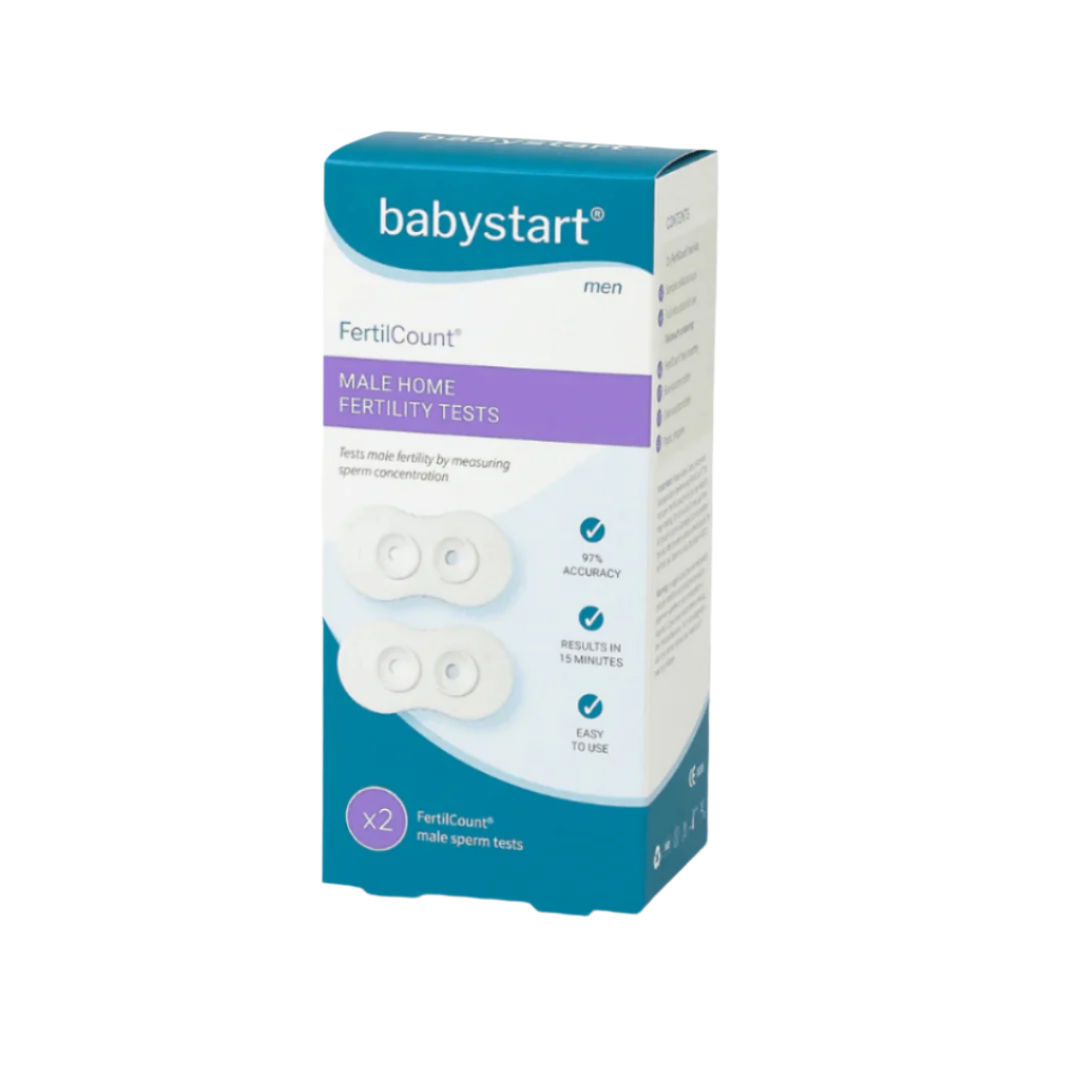The Vaginal Microbiome: Not Just a Buzzword
You’ve probably heard the term gut microbiome thrown around, but did you know your vagina has its own ecosystem too?
It’s called the vaginal microbiome – and it’s more than just a trending topic in women’s health. This delicate balance of bacteria plays a key role in everything from infection prevention to fertility and hormone health.
At Femme Health, we’re all about making the science make sense. So here’s what your vaginal microbiome actually does, what can throw it off, and how to support it without panic-Googling every time something feels “off.”
What Is the Vaginal Microbiome?
The vaginal microbiome is the community of microorganisms (mainly bacteria) that live in the vagina. Don’t worry – these aren’t the bad kind. In fact, many of them are there to protect you.
The superstar of the vaginal microbiome? Lactobacilli. These friendly bacteria help keep the vagina slightly acidic (with a pH of around 3.8 to 4.5), which makes it hard for harmful bacteria, yeast, and viruses to thrive.
Why the Vaginal Microbiome Matters
When the microbiome is in balance, you’re less likely to experience:
-
Recurring thrush or yeast infections
-
Bacterial vaginosis (BV)
-
Urinary tract infections (UTIs)
-
Vaginal odour or discomfort
-
Fertility struggles (yes, really)
It also plays a role in immune defence, pregnancy outcomes, and even how well your body tolerates things like tampons, lube, and sex.
What Can Disrupt the Vaginal Microbiome?
Unfortunately, this ecosystem is pretty sensitive. Here are some common culprits that can throw things off:
-
Antibiotics: While they kill bad bacteria, they can wipe out the good guys too.
-
Douching or harsh soaps: Your vagina is self-cleaning. It doesn’t need scrubbing.
-
Tight or synthetic underwear: Not great for airflow or moisture balance.
-
Hormonal changes: Menstruation, pregnancy, perimenopause and HRT can all affect the microbiome.
-
Sex (especially unprotected): Semen has a higher pH, which can temporarily disrupt balance.
-
Stress and poor sleep: Yep, your vaginal microbiome is affected by your nervous system too.
Signs Your Vaginal Microbiome Might Be Out of Whack
If you notice any of the following, it could be a sign your balance is off:
-
Persistent or recurrent thrush or BV
-
Unusual discharge (especially if it smells “fishy” or is grey/green)
-
Itching, burning, or irritation
-
Increased UTIs or urinary discomfort
That said, everyone's normal is different. If something feels new or uncomfortable, check in with your GP or sexual health clinic.
How to Support a Healthy Vaginal Microbiome
Good news: you don’t need to do anything drastic. In fact, less is often more.
1. Avoid Over-Cleansing
No douching. No scented soaps. Just warm water externally, or a pH-balanced, fragrance-free wash if you prefer something extra.
2. Wear Breathable Underwear
Cotton underwear and going commando at night can help reduce moisture build-up.
3. Practice Safe Sex
Condoms can help protect your microbiome, especially if you’re prone to BV or UTIs after sex.
4. Consider Probiotics
There’s growing research into vaginal-specific probiotics (like Lactobacillus crispatus) to help maintain balance – especially if you’ve recently taken antibiotics.
5. Support Your Overall Health
A healthy gut, balanced hormones, and good sleep all contribute to a happy vaginal microbiome. Everything's connected.
The Bottom Line: It’s Time We Talked About Vaginal Health More Openly
Your vaginal microbiome isn’t something to be ashamed of or anxious about – it’s just part of your overall health. Understanding how it works empowers you to spot changes early, seek the right support, and take care of your body in a way that works with it, not against it.
At Femme Health, we believe that vaginal health is just as important as mental health, menstrual health, or gut health. No shame. No stigma. Just straight-up support and science-backed advice.


